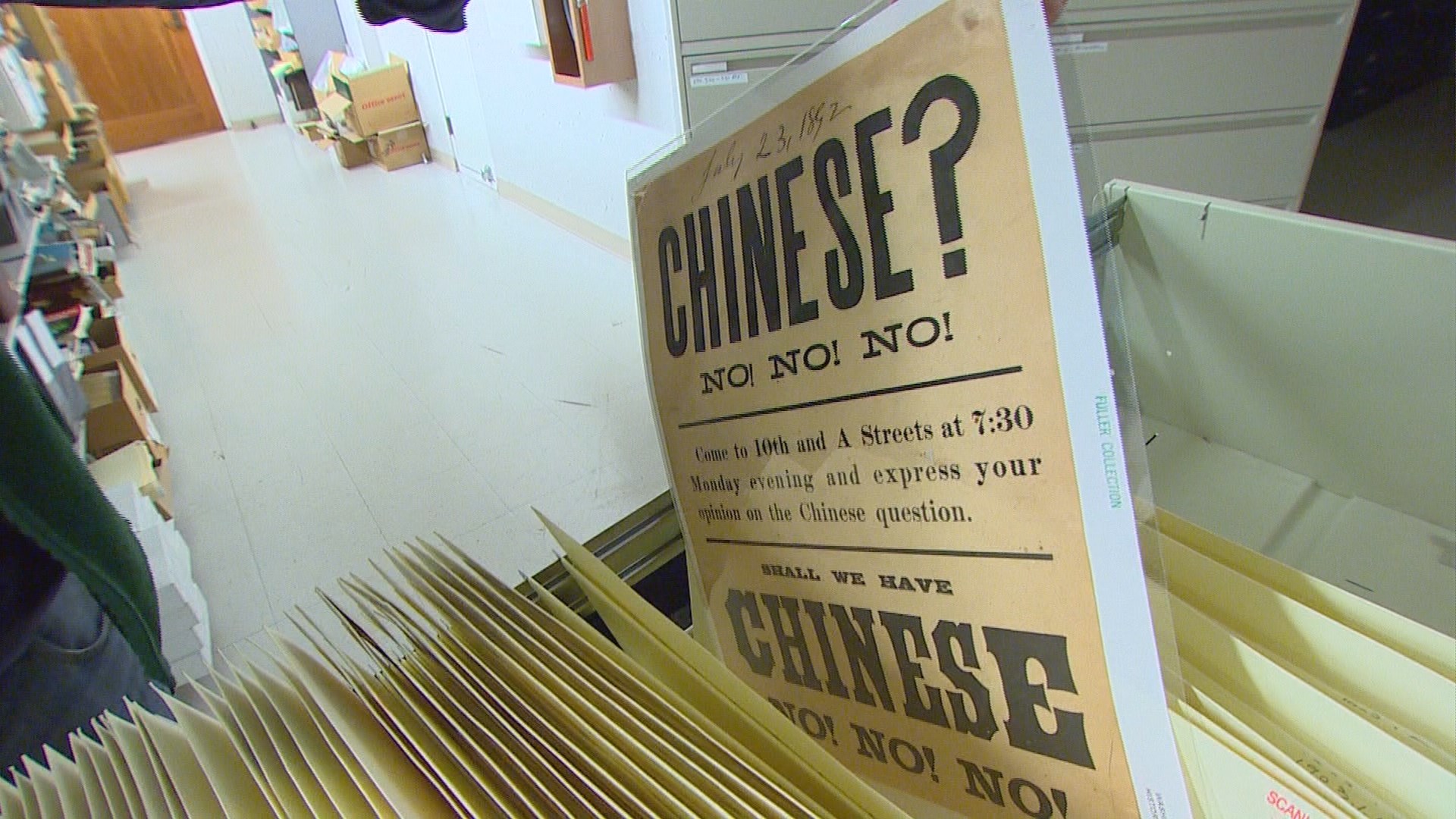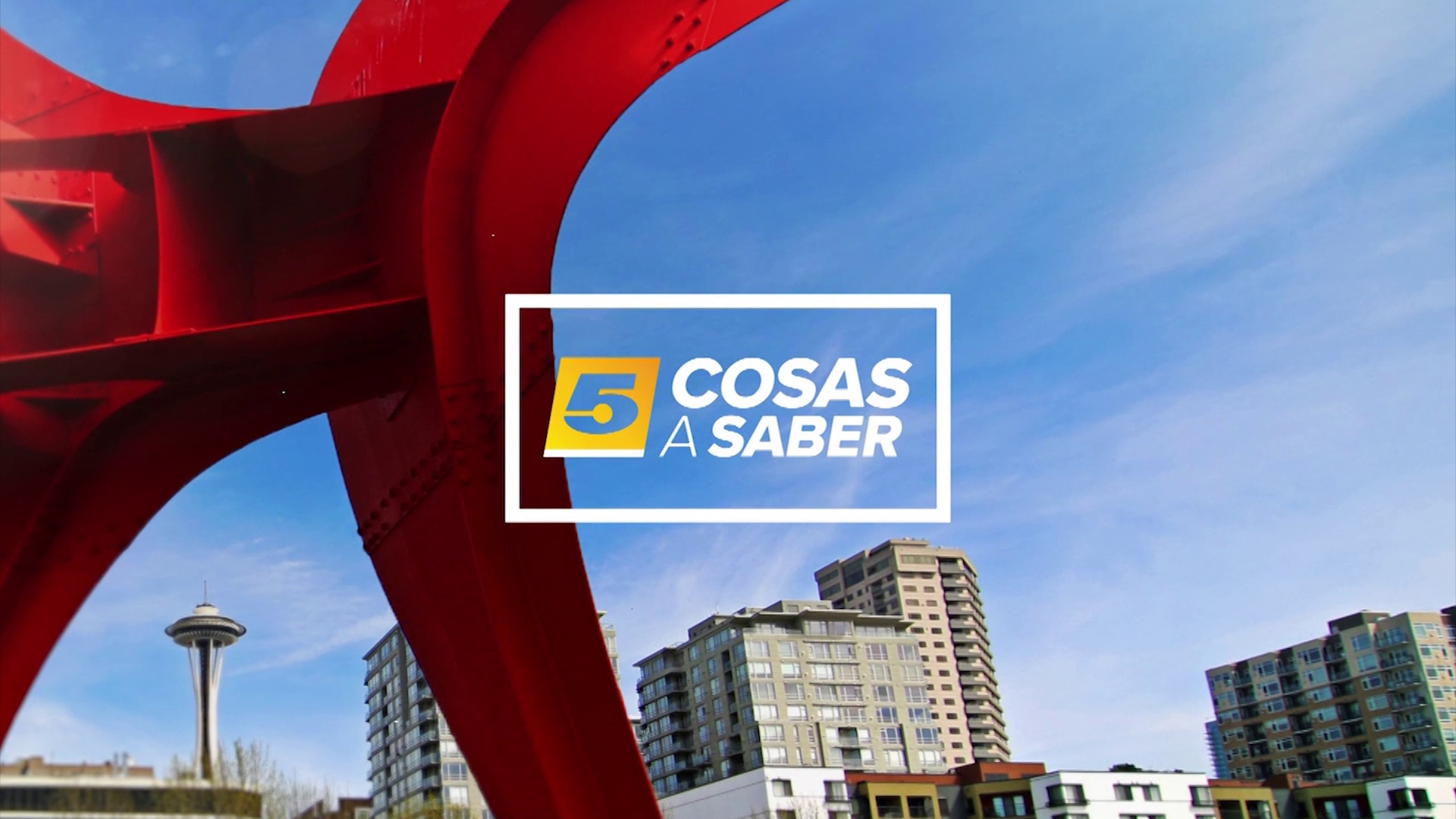TACOMA, Wash. - States, cities, and towns across the United States have historically wrestled with the question of who belongs and who doesn't.
Fear and racism lead the City of Tacoma to expel about 200 Chinese people in 1885. Even now, more than 100 years later, Tacoma is the only major city on the west coast without a Chinatown. But in the last couple of decades, Tacoma has taken strides to try reconcile with its past.
"You reconcile with the past so that you can learn from it and become this global community,” said former Tacoma City Councilman Bill Evans, who worked to establish the Chinese Reconciliation Park and now serves as one of its board members.
"It's the unity in community that gets the jobs done, and this is one of the jobs that got done," said Evans, referring to the park that was completed in 2011 along Ruston Way and shares the story of the Chinese Expulsion in Tacoma.
"Many had come up from California to work on the railroad. Once the railroad was finished in California they came up here," said Evans.
There was a growing anti-Chinese sentiment throughout Western Washington and fear that that Chinese workers would take the jobs of white laborers.
"The language was different. Frequently you'd hear the Chinese immigrants ate different food. They'd kept themselves separate,” said Gwen Whiting, the head curator at the Washington State History Museum, as part of the Washington State Historical Society. “I think the thing to remember though is that a lot of legislation from this era enforced this separation. It's hard to be part of a community when the community is actually outlawing you from owning land or legally immigrating."
The Washington State Historical Society in Tacoma is the only place that holds original documents from that time, including posters that were placed along city lamp posts about city meetings to address the “Chinese Question.” Eventually the city rounded up and drove out the entire Chinese population.
It took more than 100 years for the city of Tacoma to apologize for what happened.
For Evans, the park is a permanent reminder that the story of what happened in this city must continue to be shared.
"Sometimes you know we become victims of our own history, because we're unaware of our own history,” said Evans. “We don't read it.”


